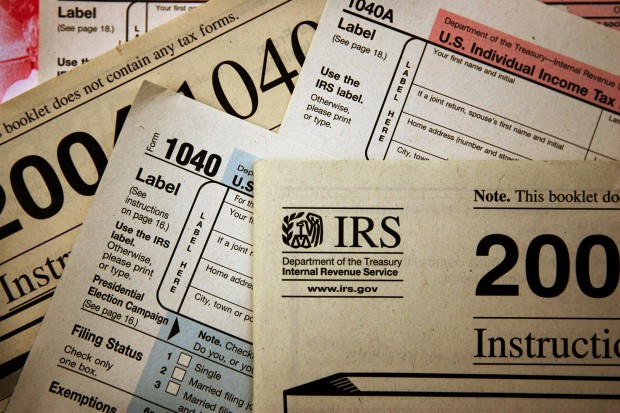IRS Set to Increase Audit Rates for Wealthy Taxpayers, Large Corporations, Business Partnerships
By Leira Aquino
May 02, 2024 11:22 PM EDT
May 02, 2024 11:22 PM EDT

(Photo : Scott Olson/Getty Images)
The Internal Revenue Service (IRS) announced Thursday its plans to significantly raise audit rates for wealthy taxpayers, large corporations, and business partnerships, using funds from the Inflation Reduction Act of 2022.
This move comes as part of the IRS's efforts to modernize its operations and improve tax fairness, CNBC reported.
The audit rate for taxpayers earning more than $10 million is set to increase by 50%, rising from 11% in 2019 to 16.5% by 2026.
Large corporations with assets exceeding $250 million will see their audit rates nearly triple, from 8.8% in 2019 to 22.6% in 2026.
Similarly, audit rates for business partnerships with assets over $10 million will increase tenfold, reaching 1% in 2026 from 0.1% in 2019.
The IRS aims to use the additional funding to revamp its infrastructure, enhance taxpayer services, and boost revenue collection.
IRS Commissioner Danny Werfel reiterated the agency's commitment to shield households earning less than $400,000 annually from heightened audit rates, ensuring that they remain at historically low levels, as reported by CNN.
To support increased audit activities, the IRS is hiring additional staff, including accountants, engineers, data scientists, and attorneys.
Since 2022, the agency has added around 11,000 full-time positions and plans to increase this to 14,000 by fiscal year 2029.
The IRS is also investing in AI technology to aid in selecting businesses for audits efficiently. The Inflation Reduction Act provided approximately $80 billion to the IRS over a decade.
However, Republican efforts to reduce this funding have been ongoing, risking potential setbacks in IRS operations.
Werfel warned about potential service disruptions if further cuts are made, highlighting the importance of sustained funding for IRS modernization efforts.
READ MORE: 940,000 Taxpayers May Receive Extra $932 Tax Refunds From IRS; Here's Why!
© 2024 VCPOST, All rights reserved. Do not reproduce without permission.
Join the Conversation